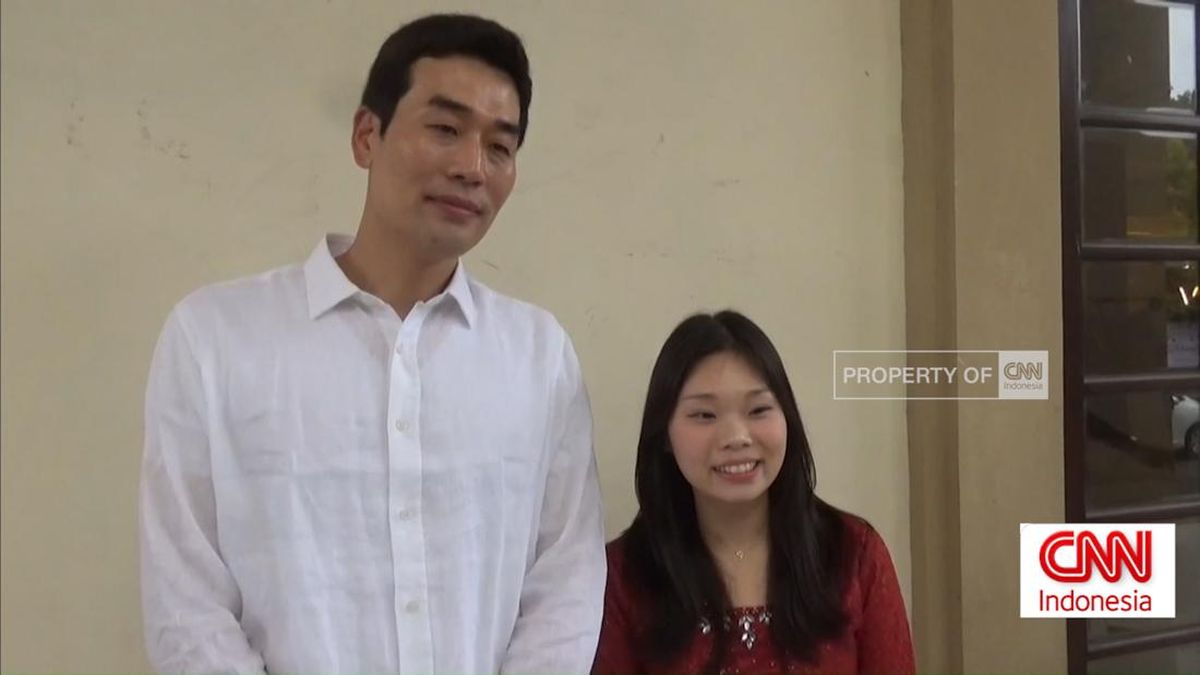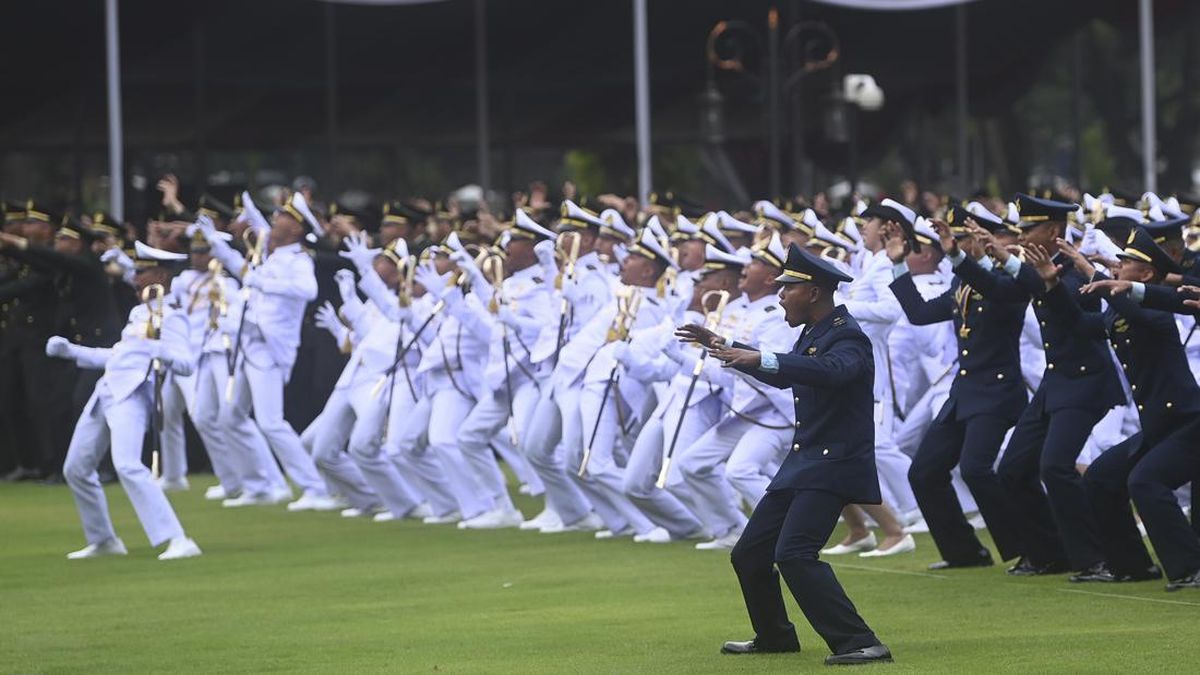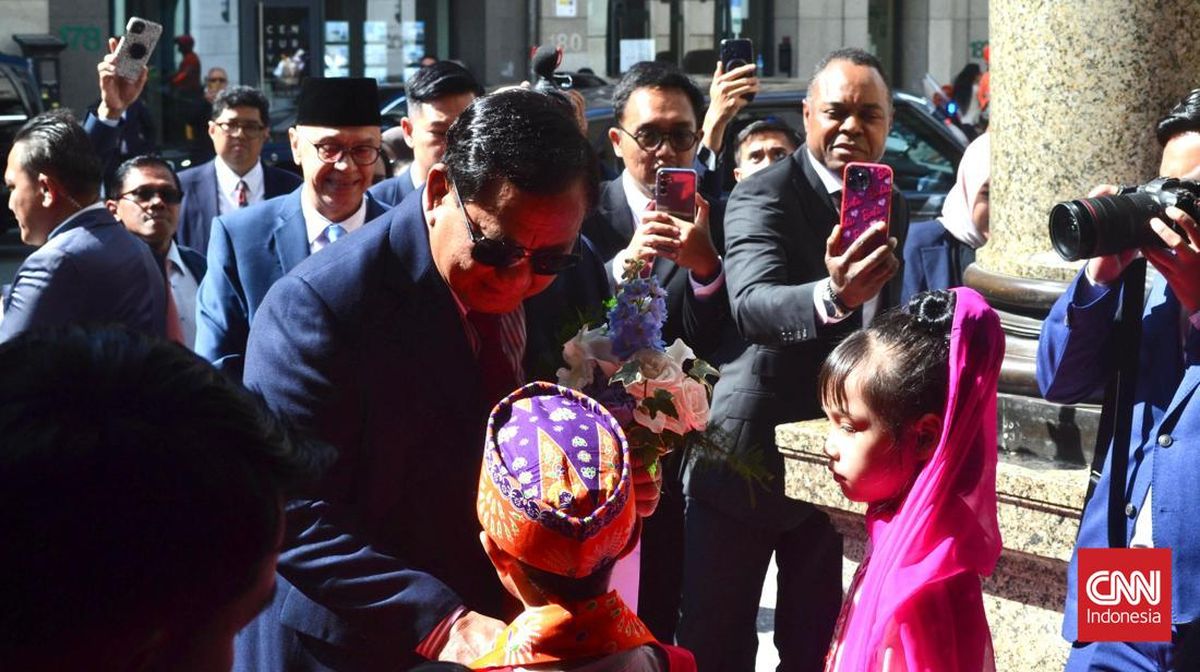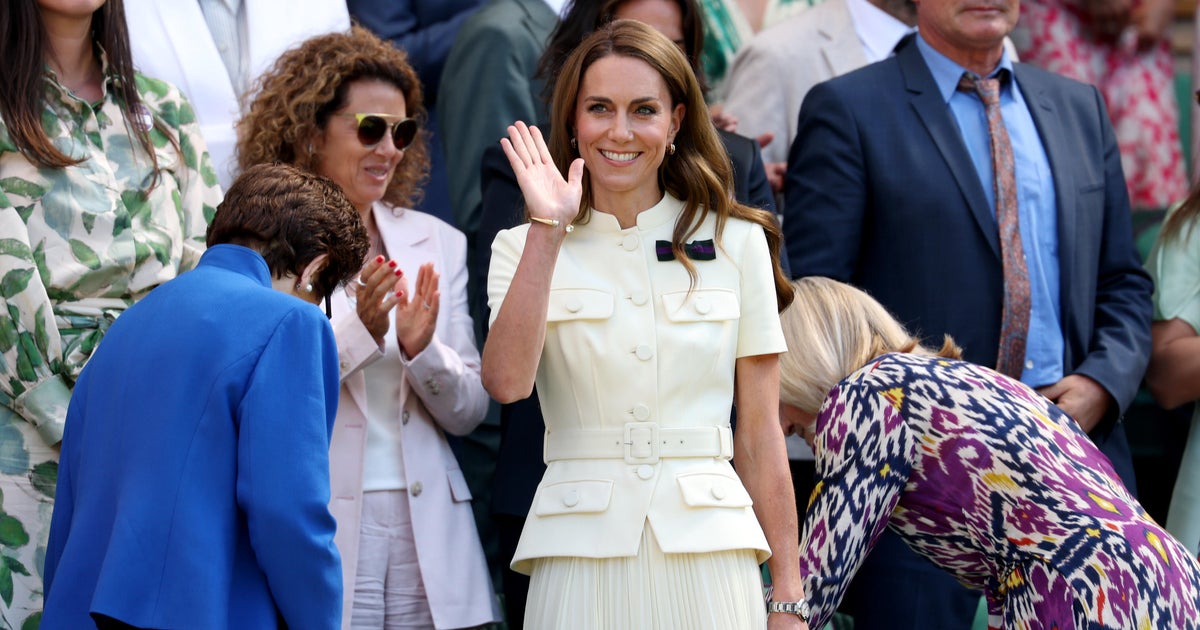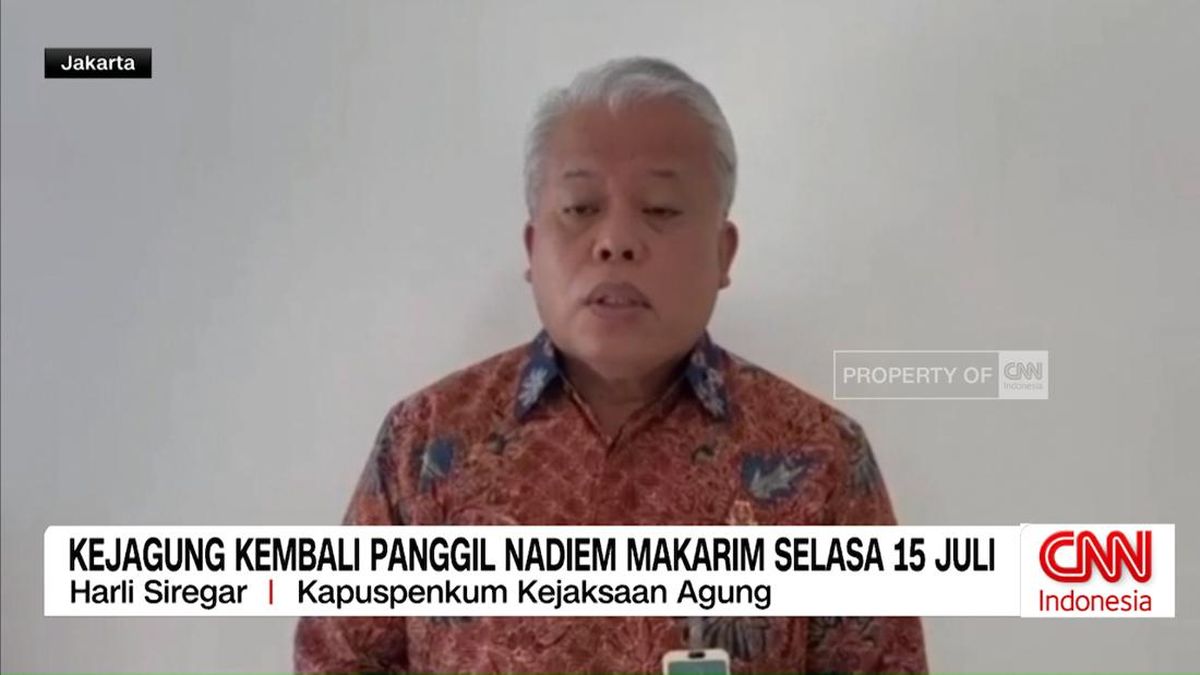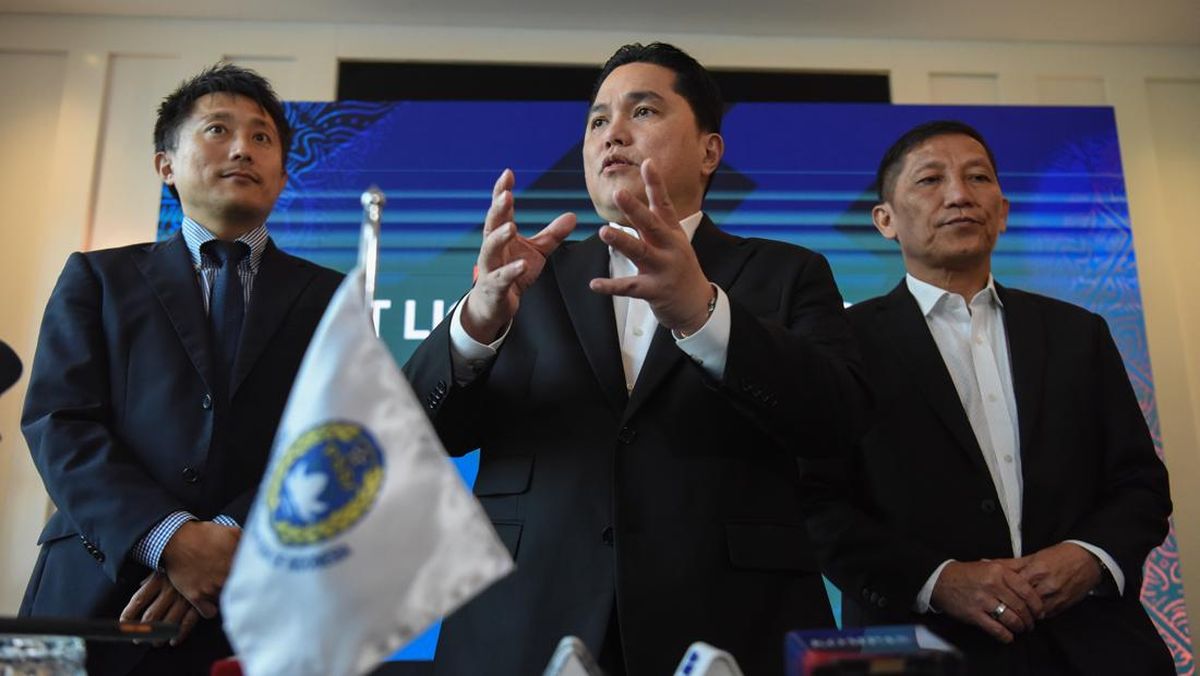Australia complains to China about live-fire exercise as Albanese begins Shanghai tourism mission
Shanghai: Australia has complained to China about a live-fire exercise in February that disrupted flights between Sydney and New Zealand, delivering the message a day before Anthony Albanese touched down in Shanghai with a plan to woo Chinese tourists Down Under.
Foreign Minister Penny Wong raised Australia’s concerns about the heavily armed flotilla that circumnavigated Australia earlier this year in a meeting with Chinese counterpart Wang Yi on the sidelines of a regional meeting in Malaysia on Friday, the government confirmed.

Anthony Albanes arrives in Shanghai on Saturday, where he will unveil a plan to boost the $9.2 billion Chinese tourists spend in Australia.Credit: Dominic Lorrimer
Her expression of disapproval at the Association of Southeast Asian Nations (ASEAN), a day after she warned of China’s rapid military build-up, serves as a reminder of the points of difference with Australia’s largest trading partner even after years of calmer relations under Labor.
The emergence of a Chinese flotilla sailing around Australia’s east coast in February sparked concern in Canberra about the lack of notice of live-firing, despite the voyage being conducted in accordance with international law.
Flanked by a delegation of Australian captains of industry, the prime minister arrived in Shanghai on Saturday, where he will announce a memorandum of understanding between Tourism Australia and Chinese-owned Trip.com.
The site is the world’s largest booking platform and owns Skyscanner and MakeMyTrip. The deal is designed to give Australia a leg-up over other nations in the lucrative Chinese holiday market, which is worth $9.2 billion to Australia.
A new tourism video featuring award-winning Chinese actor Yu Shu, under the banner of Australia’s “Come and Say G’day” campaign, will also be released.
Albanese said Australia’s relationship with China went beyond beef, barley, red wine and lobster, all of which were blocked from China after the ruling Chinese Communist Party punished the Morrison government for its blunt criticisms of China’s actions particularly during the pandemic.
“Expanding our tourism relationship with China will mean more jobs for Australians and a boost to Australian businesses,” Albanese said in a statement marking the start of his six-day visit to China.

Albanese and fiancee Jodie Haydon are met by a welcoming party in Shanghai including a local girl and dignitaries.Credit: Dominic Lorrimer
Chinese ambassador to Australia Xiao Qian has been pushing Australia to work together on artificial intelligence and investment in Australian critical industries. But Albanese’s focus is likely to be confined to tourism and trade in less contentious areas, such as China’s dominant green energy sector, during a two-day stop in Shanghai before a meeting with Chinese President Xi Jinping later in the week.
Loading
Chinese tourists have flocked back to Australia since the pandemic. However, expectations of the wealth of China’s expanding middle class are not as high as they once were.
Material wealth continues to rise, but China’s gross domestic product growth has declined from 8.5 per cent in 2021 to less than 5 per cent in 2025, according to economists surveyed by Reuters. Consumers are shifting their taste away from luxury brands, according to surveys, while unemployment among young people is more than 15 per cent.
In its reporting of Wong’s meeting with the Chinese foreign minister, the country’s state-run newswire service Xinhua reported that Wang had said China was willing to prepare the next stage of high-level meetings, improve bilateral ties and manage the countries’ differences.
“The Chinese foreign minister noted that Australia’s rational and pragmatic policy toward China serves the interests of both countries and aligns with the trend of the times,” Xinhua reported.
Wong also emphasised the importance of opposing Russia’s invasion of Ukraine, weeks after media reports suggested that Yi had told European officials China could not accept a Russian loss because it would allow the US to shift focus towards the Indo-Pacific. She also raised peace in the Taiwan Strait.
Cut through the noise of federal politics with news, views and expert analysis. Subscribers can sign up to our weekly Inside Politics newsletter.
Most Viewed in Politics
Loading



